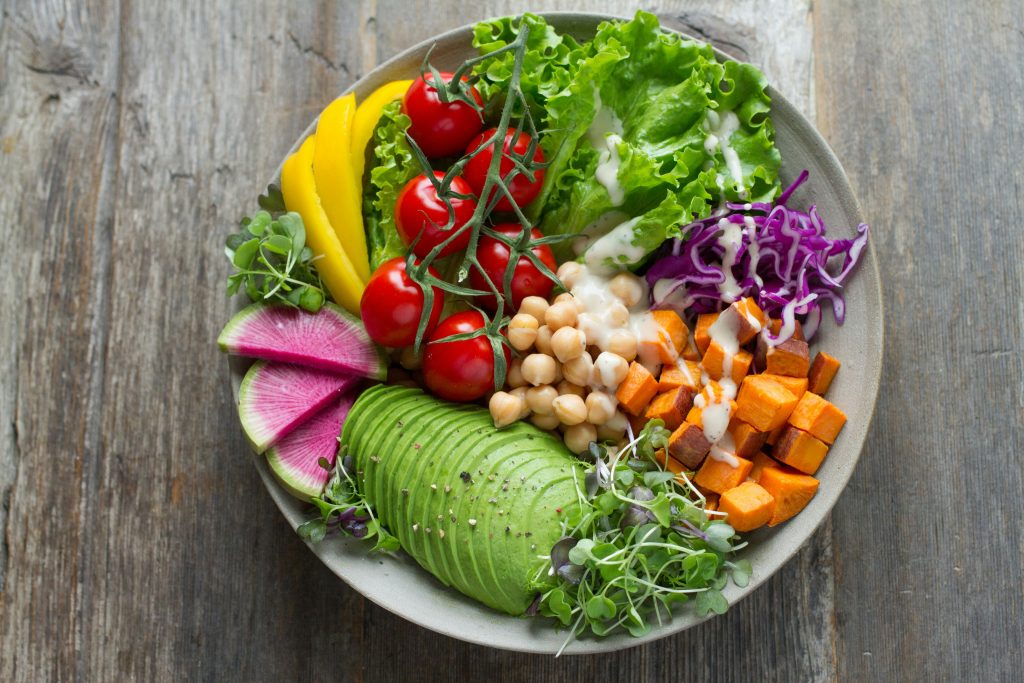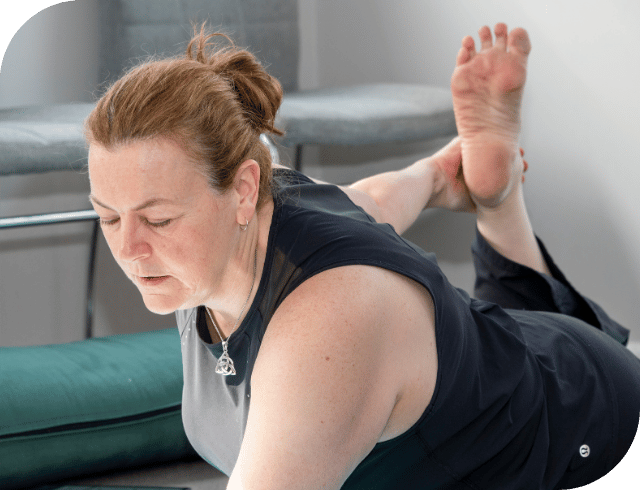Nutrition plays a crucial role in cancer care, influencing treatment outcomes and quality of life. This is a time when we especially need to focus on boosting our immune system, our natural front line of defence.
Our bodies are just like cars – if we fill them with quality fuel, we give ourselves the best possible chance to be as healthy as possible.
Now is the perfect time to feel empowered by what you eat.
Eating fresh, colourful, nutritious food and limiting the consumption of dirty fuel (in the form of processed and additive-soaked food) ensures our bodies are given the best possible ingredients for peak performance.
A healthy gut directly feeds, boosts and supports our immune system and enhances mental performance, emotional balance and physical health.

However, when you’re managing treatment side effects, low energy, and loss of appetite, meal planning and prep is often the last thing on your mind.
Let’s break it down and make it simple with some practical tips:
- Start slowly: Make small changes over time so it doesn’t feel overwhelming.
- Avoid processed foods and additives: Foods that are high in sugar, salt, colourings, flavourings, and hydrogenated fats can weaken your immune system.
- Cut down on alcohol: Try to reduce or avoid alcohol intake.
- Stay hydrated: Drink plenty of water. Calculate your daily water needs by multiplying your weight in kilos by 35ml. You can add lemon or lime slices for flavour.
- Limit coffee and black tea: These drinks dehydrate you. Drink extra water to compensate—1 cup of coffee needs 2 cups of water, and 1 cup of black tea needs 1 cup of water. Limit to 1 cup of coffee or black tea each per day.
- Herbal tea counts as water: You can make a garden tea with herbs like lemon verbena, lemon balm, rosemary, peppermint, mint, sage, parsley, lavender, rose hips, hibiscus, lemongrass, or yarrow. Add ginger slices for extra flavour and drink it hot or cold.
- Liquorice root: Adding a tablespoon of liquorice root to your tea can support your adrenals and soothe your lungs. Avoid liquorice if you have high blood pressure.

Fabulous Foods to Support Your System
- Eat loads of fresh vegetables, particularly carrots, beetroot, sweet potato, bean sprouts and any greens. These are all bursting with vitamin C, A, betacarotene and immune enhancing properties.
- Fresh vegetable juices with carrot, beetroot, ginger, turmeric, celery, parsley, green smoothies, vegetable soups with lashings of ginger, turmeric, onion and garlic. Chilli is also a good addition if you like it.
- Big salads with grated carrots, beetroot, parsley, kale, toasted hazelnuts, sunflowers or other seeds with an olive oil, ginger, lemon dressing.
- Ginger is great for acute infections, the common cold, warming, increases blood supply and stimulates secretory juices.
- Garlic is a powerful vegetable ‘antibiotic’. anti-viral, anti-bacterial, boosts immune system.
Following just a few simple guidelines and enjoying the process of filling your body with nutrient-rich goodness will go a long way to boosting your immune systems and increasing resistance to disease.
Remember, it’s essential to listen to your body and adjust your diet based on what feels right for you. Consulting with a naturopath or nutritionist who specialises in oncology can provide personalised guidance and support throughout your cancer journey.
Interested in working with one of our therapists? Learn more about naturopathy and nutrition and book a time with our Client Services team.




